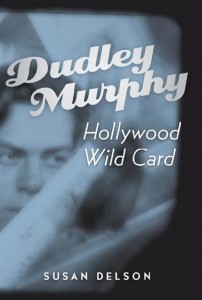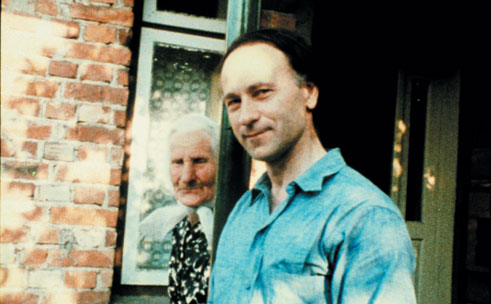Commissioned and published by DVD Beaver in 2007. In 2015, Ehsan Khoshbakht and I put together a sidebar for Il Cinema Ritrovato in Bologna, Italy, “Jazz Goes to the Movies,” and then a reconfigured version of this a few months later at the Festival on Wheels in Ankara, Turkey, which led both of us to revisit many of these titles and releases. — J.R.


Broadly speaking, there are two kinds of jazz films — documentary records of particular jazz performances and narrative films that incorporate jazz in some fashion, in their soundtrack scores and/or in their stories. But in some cases, identifying which films belong in which category is simply a matter of personal taste. Consider, for instance, Black and Tan and St. Louis Blues, two landmark jazz shorts directed in 1929 by Dudley Murphy —- a fascinating figure who straddled the avant-garde and the mainstream, having both collaborated with Fernand Léger on Ballet mécanique and Paul Robeson on The Emperor Jones and directed several Hollywood pictures, and who’s been receiving some belated recognition lately thanks to Susan B. Delson’s excellent biography, Dudley Murphy: Hollywood’s Wild Card (University of Minnesota Press, 2006). I would argue that Black and Tan, which stars Duke Ellington, is important chiefly as a narrative film, whereas St. Read more
One of my first published reviews, which appeared in the November 2, 1972 issue of The Village Voice, this was commissioned by Andrew Sarris, bless him. I was always grateful for this opportunity to write about a film that I love, and that I continue to cherish. — J.R.

Jonas Mekas’s Reminiscences of a Journey to Lithuania, a film dedicated “to all the displaced people in the world,” has itself become the object of some displacement. Screened jointly with Adolfas Mekas and Pola Chapelle’s Going Home at the New York Film Festival, defined in the program as a non-narrative film and by its author as a home movie, it has become a casual victim of “convenient” programing and somewhat deceptive labels. Whatever “non-narrative” and “home movie” mean — and I think the latter describes Going Home pretty accurately — they are less than helpful in describing the achievement of what must be called Jonas Mekas’s testament. If they must be understood, let it be understood that Reminiscences is a home movie about homelessness, a non-narrative film with one of the most beautifully constructed and articulated narrative lines in autobiographical cinema.

Going Home, a rambling collection of travel photos and family poses, resembles the jazzy surfaces of Hallelujah the Hills, joke titles and all, and registers not unlike a boastful list of possessions (the secret metaphysic behind every family album): this is my garden, my Moscow, my family, my Lithuania. Read more




